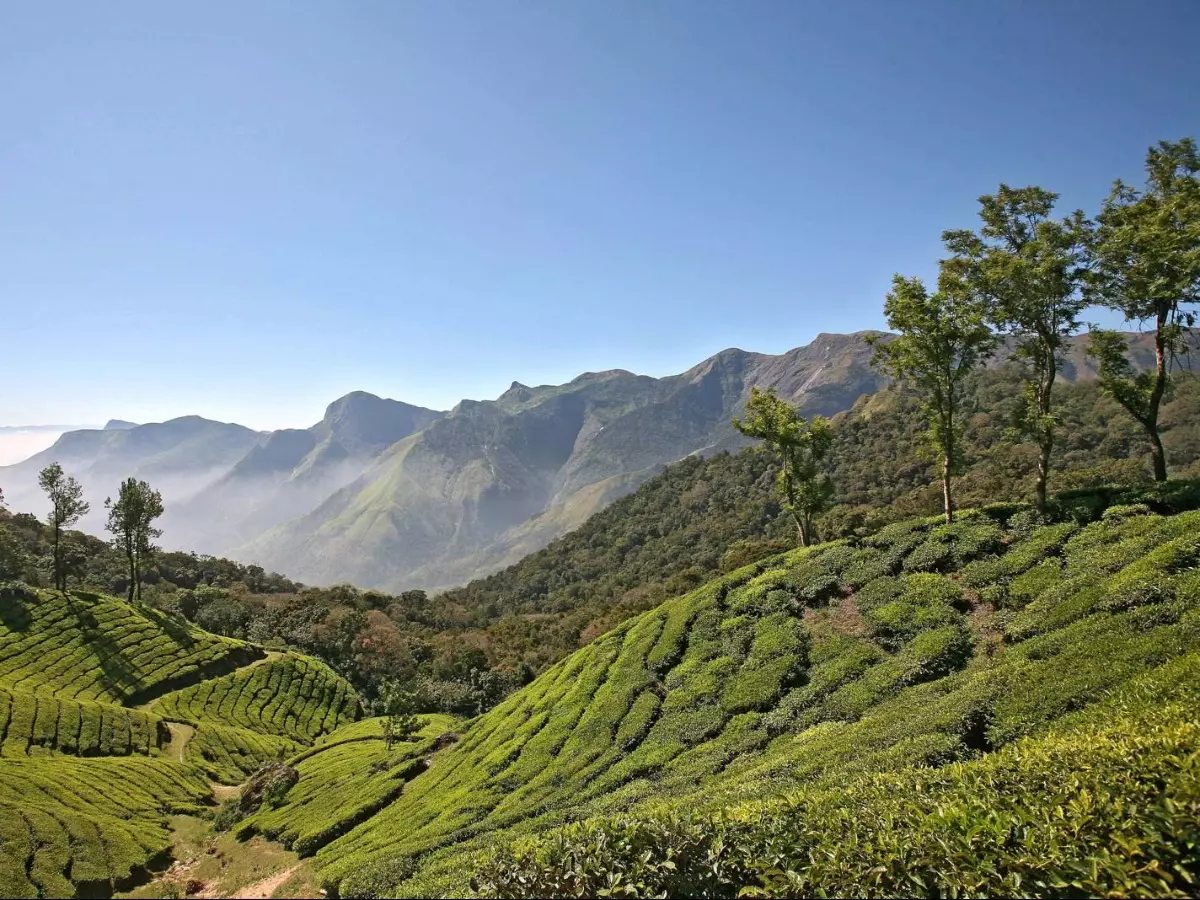2.2 Lakh Trees Set To Be Cut In Biodiversity-Rich Western Ghats For A Railway Line
Click here to find out how felling of lakhs of trees for a new railway project in western ghats will impact the biodiversity there.

In March, Hubballi-Ankola railway line project was approved by the Karnataka State Wildlife Board at a meeting in Bengaluru, even as some members protested. The proposed 164.44-km line is set to pass through the Western Ghats which is a United Nations Educational Scientific and Cultural Organisation World Heritage Site.
The project will be done at the cost of felling of 2.2 lakh trees.
 UNESCO
UNESCO
According to a site inspection report submitted to the Ministry of Environment, Forest and Climate Change, about 80% of the proposed line passes through the dense forest lands. The total land required for the project is 995.64 hectares, which includes 595.64 hectares of forest land, 184.6 hectares of wetland, and 190 hectares of dry land.
Sanjay Mohan, Principal Chief Conservator of Forests with Karnataka Forest Department and a member of the Karnataka State Wildlife Board, defending the move, told Mongabay-India that the people of ¡®North Karnataka want development and jobs in their area, and this project will ensure both¡¯.
 Wikimedia Commons/ Karunakar Rayker
Wikimedia Commons/ Karunakar Rayker
The primary reason for proposing a new broad-gauge line according to the project layout, is for the transportation of iron and manganese ore from Bellary and Hospet to the upcoming ports at Tadri, near Ankola; Karwar in Western Karnataka; and ports of Vasco and Madgaon in Goa.
The Western Ghats cover under 6% of the total land area in India but contain more than 30% of all mammal, plant, fish, bird species found in the country.
According to WWF, about 24.5 crore people living in the peninsular Indian states get most of their water supply from rivers originating in the Western Ghats.
The project is bound to affect the vegetation, fauna diversity and animal movement in the Western Ghats. The proposed railway line will pass through different types of forests, like evergreen, semi-evergreen, moist deciduous and dry deciduous with a dense canopy.
 Shutterstock
Shutterstock
A former chief wildlife warden with the Karnataka Forest Department, reportedly said that the project is a ¡®complete hoax and professional fraud¡¯. The project might also affect rainfall in the region.
TV Ramachandra, a scientist with the Centre for Ecological Sciences at the Indian Institute of Science-Bengaluru and lead author of the institute¡¯s study, said that the project will have a severe impact on the ecology of Western Ghats.
He said that if the railway line is constructed, there is a 96% chance of landslides in North Karnataka.
The project implementation needs to make sure that the biodiversity of the Western Ghats is preserved. The environmental crisis we are facing should have made us wise enough to understand our priorities.
Fb Image credit: Britannica